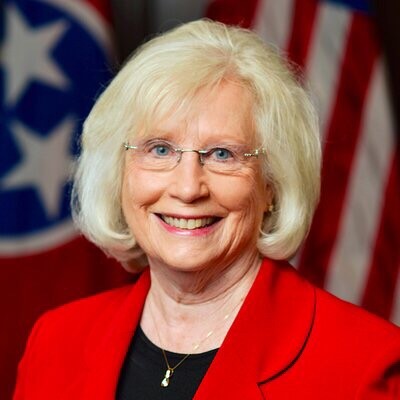 Ward Archer
Ward Archer
County mayor victor, Lee Harris, talks with reporters at his victory party.
Yes, Virginia, there was a blue wave in Shelby County, Tennessee — at least it appeared so when all the votes were counted for the August 2nd election, which included a county general election, primaries for state and federal offices, and isolated other ballot matters. From Mayor-elect Lee Harris on down the ballot, Democrats swept all the races for county offices, and even picked up an extra seat on the County Commission, giving their party an 8 to 5 majority going into the next four years.
Though Diane Black barely carried Shelby county in the Republican primary race for governor, the winner statewide was Franklin businessman Bill Lee, with former state Economic Development Commissioner Randy Boyd finishing second, Black finishing third, and state House Speaker Beth Harwell coming in fourth.
The Democratic gubernatorial primary was won, in Shelby County and statewide, by former Nashville Mayor Karl Dean over state House Democratic Leader Craig Fitzhugh of Ripley. Former Governor Phil Bredesen and 7th district Congresswoman Marsha Blackburn easily won nominations for U.S. senator in the Democratic and Republican primaries, respectively.
U.S. Reps. Steve Cohen (D) and David Kustoff (R) handily won their primary races for reelection, Kustoff having to head off a well-funded intra-party challenge from perennial candidate George Flinn. Cohen will oppose Republican Charlotte Bergman in the fall, while Kustoff’s opponent will be Erika Stotts Pearson, who edged out John Boatner Jr. in the Democratic primary.
The other news of the night was that, not for the first time, a glitch of some sort at the Shelby County Election Commission marred reporting of the results. A sizeable crowd had gathered early on in The Columns downtown (the old Union Planters headquarters building) hoping to cheer a victory for county mayor by the Democratic nominee Lee Harris, but was frustrated for nearly two hours after the polls closed without seeing any results.
When the numbers finally came in, though, there was tumult among the well-wishers in the large room, followed, moments later, by the happy mayor-elect himself. Harris addressed the crowd from a stage that came to include, besides family and campaign staff, 9th District Congressman Steve Cohen and former Mayor A C Wharton.
A gracious Harris extended thanks to one and all and even asked for some appreciative applause for his vanquished Republican foe, County Trustee David Lenoir.
Final vote for Mayor, with all 166 precincts reporting, was Harris, 84,956; Lenoir, 68,491.
Chief Deputy Floyd Bonner, running as a Democrat for Sheriff, solidly beat local Homeland Security director Dale Lane, running as a Republican. Vote was 91,370 to 60,433, giving Bonner the election’s highest total number of votes.
Other county results:
Assessor of Property— Melvin Burgess (D), 81, 815: Robert “Chip” Trouy, 61,707; Katherine Culverhaus (I), 614.
County Trustee— Regina Morrison Newman (D), 84,712; George Barnes Chism, 62,194.
Circuit Court Clerk — Democrat Temiika Gipson over Republican Tom Leatherwood, 81,573 to 68,806.
Criminal Court Clerk — Democrat Heidi Kuhn, 85,492; Republican Richard De Saussure, 60,917.
Juvenile Court Clerk — Janis Fullilove (D), 75,031; Bobby Simmons 74,030.
Probate Court Clerk — Bill Morrison (D), 81,057; Chris Thomas ( R), 61,862; Jennings Bernard (I), 6,333.
County Clerk — Wanda Halbert (D), 86,327; Donna Creson ( R), 63,017.
Register of Deeds — Shelandra Ford (D), 75,260; Wayne Mashburn R), 70, 575
Other notable results:
SHELBY COUNTY COMMISSION: Democrat Michael Whaley’s victory in County Commission District 5, over Republican Richard Morton, increased the existing Democratic majority by one, to 8 to 5. Other winners: Republican Amber Mills over Democrat Racquel Collins, District 1; Republican David Bradford over Democrat Tom Carpenter, District 2; Republican Mick Wright over Democrat Monica Timmerman, District 3; Republican Mark Billingsley over Democrat Kevin Haley, District 4; Democrat Willie Brooks, District 6; Democrat Tami Sawyer over Republican Sam Goff, District 7; Democrat Mickell Lowery, District 8; Democrat Edmund Ford Jr. over Republican Sharon Webb, District 9; Democrat Reginald Milton over independent Vontyna Durham, District 10; Democrat Eddie Jones, District 11; Democrat Van Turner, District 12; Republican Brandon Morrison over Democrat George Monger, District 13.
In closely-watched legislative races:
Democratic challenger Katrina Robinson ousted incumbent Democrat Reginald Tate in state Senate District 33.
State Rep. Raumesh Akbari defeated County Commissioner Justin Ford in the Democratic primary in state Senate District 29 and will oppose Republican Tom Stephens in November.
Gabby Salinas defeated David Weatherspoon in the Democratic primary for state Senate District 31 and will compete against incumbent Republican Brian Kelsey in the fall.
Incumbent Republican Mark White defeated challenger Doyle Silliman in the GOP primary for state House District 83.
Scott McCormick defeated Patricia Possel in the GOP primary for state House District 96 and will oppose incumbent Democrat Dwayne Thompson in November.
Jesse Chism won out over fellow Democrats Ricky Dixon and Lynette Williams in state House District 85.
Incumbent Democrat Barbara Cooper defeated Amber Huett-Garcia and Jesse Jeff in state House District 86.
Incumbent John DeBerry defeated challenger Torrey Harris in the Democratic primary for House District 90.
London Lamar beat fellow Democrats Doris DeBerry Bradshaw and Juliette Eskridge in the Democratic primary for House District 91.
Incumbent Democrat G.A. Hardaway turned back challenger Eddie Neal in House District 93.
Incumbent Antonio Parkinson beat Johnnie Hatten in the Democratic primary for House District 98.
JUDICIAL RACES:
Circuit Court, Division 7: Incumbent Mary Wagner over Michael Floyd.
Circuit Court, Division 9: Yolanda Kight over incumbent David Rudolph.
Criminal Court, Division 10: Jennifer J. Mitchell over incumbent Jennifer S. Nicho
Environmental Court, Division 14: Incumbent Patrick Dandridge over Price Harris.
SCHOOL BOARD RACES:
Shelby County Schools Board, District 1: Michelle McKissack over incumbent Chris Caldwell, Michael Scruggs, and Kate Ayers;
Shelby County Schools, District 6: Incumbent Shante Avant over Percy Hunter, Minnie Hunter, and R.S. Ford;
Shelby County Schools, District 8: Incumbent William Orgel over Jerry Cunninghan;
Shelby County Schools, District 9: Joyce Dorse-Coleman over incumbent Mike Kernell, Alvin Crook, Rhonnie Brewer, and Kori Hamner.
SPECIAL ELECTION, MEMPHIS CITY COUNCIL, SUPER DISTRICT 9, POSITION 2: Interim incumbent J. Ford Canale over Lisa Moore, Charley Burch, Erika Sugarmon, Tim Ware, David Franklin, and Tyrone R. Franklin.
Complete election results and vote totals from the Shelby County Election Commission.
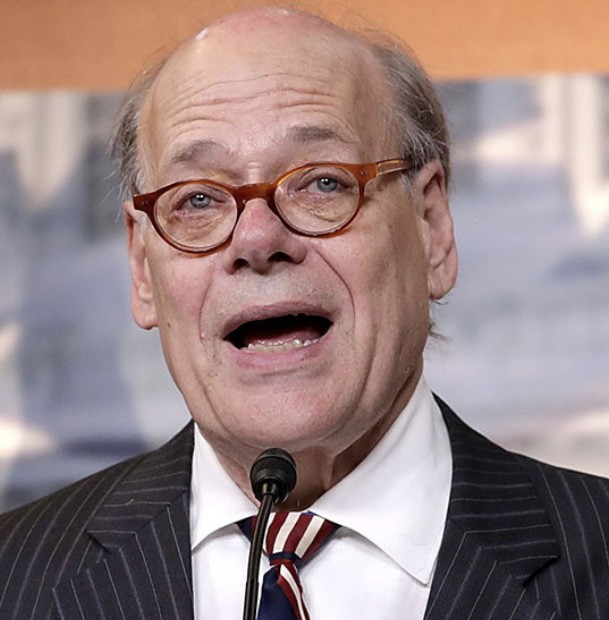
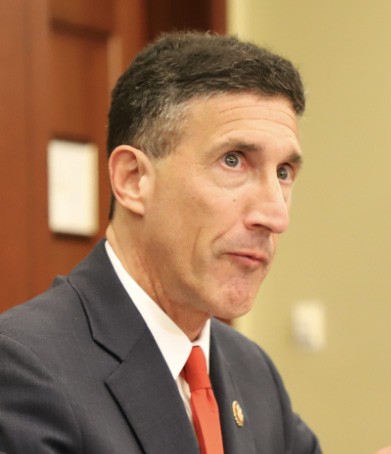
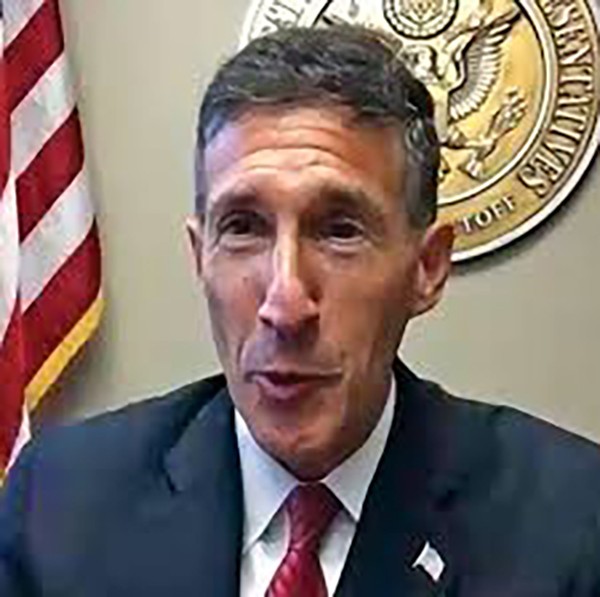 Jackson Baker
Jackson Baker 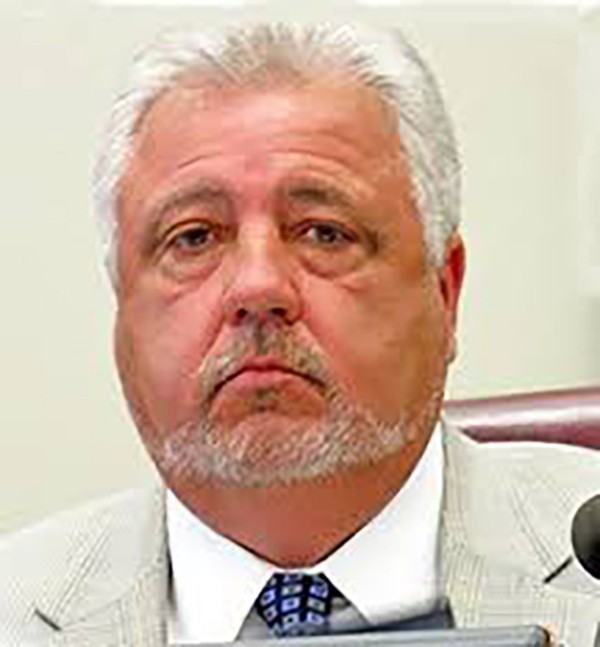 Jackson Baker
Jackson Baker 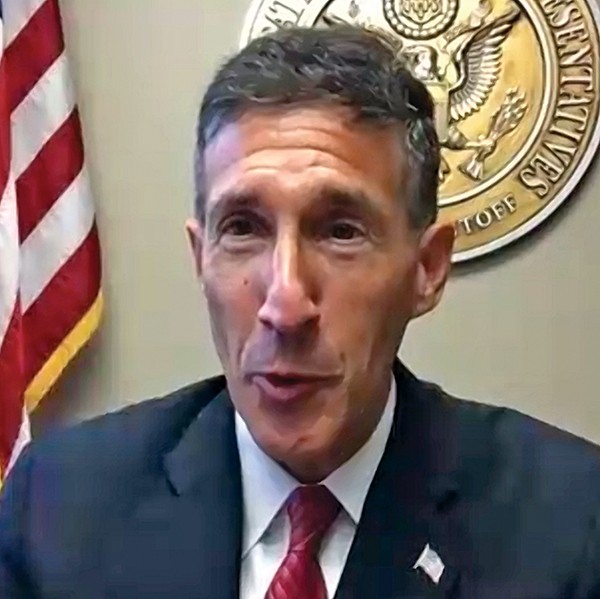
 Jackson Baker
Jackson Baker  Jackson Baker
Jackson Baker  Jackson Baker
Jackson Baker 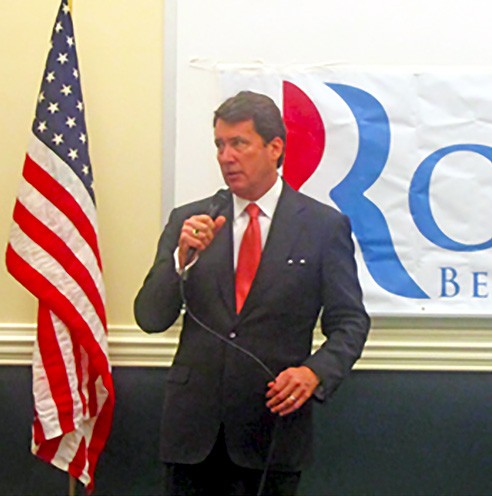 JB
JB  Ward Archer
Ward Archer 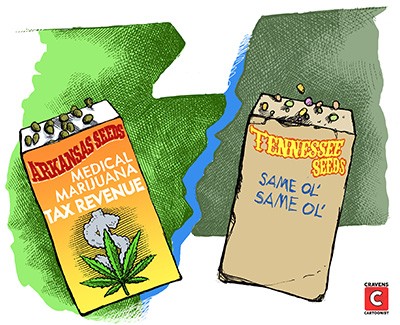 Greg Cravens
Greg Cravens 